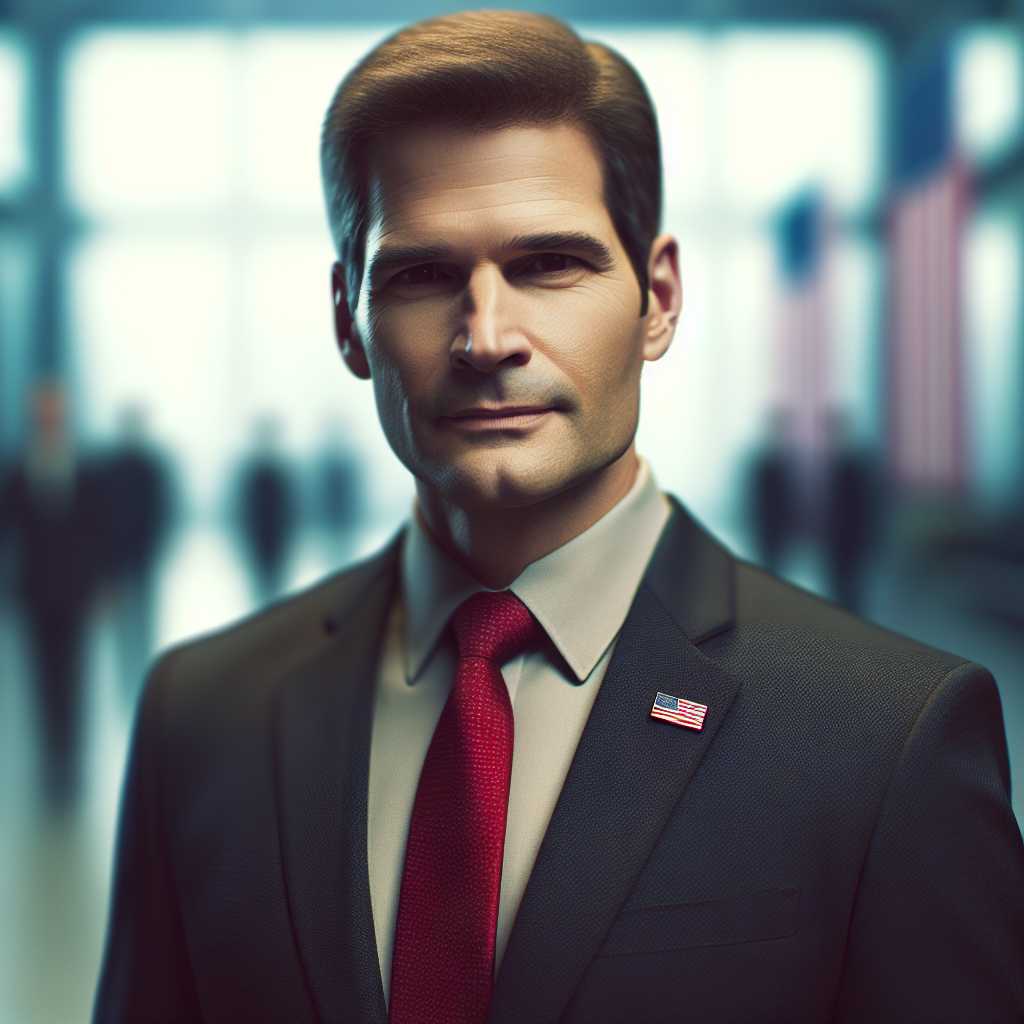The Public Service and Political Journey of John Ratcliffe
John Ratcliffe has served various roles in both political and legal circles, most notably as a Congressman and Director of National Intelligence. This article offers an extensive look at Ratcliffe’s career, his influence on American politics, and how his actions and positions have affected the national and international stage.
Early Life and Legal Career
Born on October 20, 1965, in Mount Prospect, Illinois, John Lee Ratcliffe built the foundation of his career through a commitment to public service. After attending the University of Notre Dame on a full-ride scholarship, he earned his law degree from Southern Methodist University’s Dedman School of Law. His early career includes serving in private practice and showing a strong inclination towards upholding the law.
His journey into public service further accelerated with various roles such as the Chief of Anti-Terrorism and National Security for the Eastern District of Texas and later, as the district’s U.S. Attorney. These roles allowed him to gain significant experience in both terrorism cases and immigration issues, foreshadowing his later focus on national security during his political career.
Entry into Politics and Congressional Career
In 2004, Ratcliffe embarked on his political voyage when he became Mayor of Heath, Texas. Through this smaller-scale political role, he became more involved in local governance and directing municipal resources and public policy.
In 2014, Ratcliffe was elected to represent Texas’s 4th congressional district in the United States House of Representatives. During his time as a Congressman, he was recognized for his conservative views. He sat on various committees including Ethics, Homeland Security, Judiciary, and Intelligence.
His tenure in Congress was marked by a strong stance on national defense, advocating for enhanced cybersecurity measures and streamlined intelligence-gathering processes. Ratcliffe’s policy positions also highlighted a tight grip on immigration policies aligning with a broader national concern about border security.
Notably, Ratcliffe garnered attention as part of the investigation into Russian interference in the 2016 U.S election. He was a vocal critic of the probe and showed support for President Donald Trump’s leads during congressional hearings.
Director of National Intelligence
In May 2020, after facing initial scrutiny over his qualifications for the role, Ratcliffe was confirmed as Director of National Intelligence (DNI), succeeding Joseph Maguire. As DNI under President Trump’s administration, he oversaw 17 U.S. intelligence agencies.
During his time as DNI, Ratcliffe remained a trusted figure within the Trump administration. He emphasized priorities like confronting technological threats from adversaries like China while also declassifying documents related to the 2016 election investigation which raised discussions regarding transparency versus national security concerns.
His term was also marked by tensions over intelligence sharing with Congress, particularly regarding election security briefings and whistleblower complaints. Indeed, Ratcliffe’s actions reflected debates about the role of political partisanship in the context of intelligence agencies that necessitate impartiality to effectively guard national interests.
Post-Government Involvement
After serving as Director of National Intelligence until January 2021, John Ratcliffe returned to private life while still remaining intermittently active in political discourse. Notably, he continues to opine on national political matters espousing views aligned with conservative interpretations of security practices.
Contributions and Controversies
Ratcliffe’s dedication to national security has been consistently clear throughout his legal and political journey. His contributions towards enhancing U.S. cybersecurity defenses show a particular commitment to adjusting American threat responses to modern challenges.
However, controversy has not been absent from his path. During confirmation hearings for the DNI position, questions arose regarding allegations of inflated litigation accolades, which some viewed as damaging to bipartisan trust in intelligence leaderships necessary to ensure neutral information evaluation. There were also instances where his actions stirred discussions about loyalty towards administration policies against traditionally non-partisan intelligence analysis.

